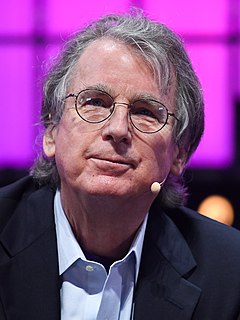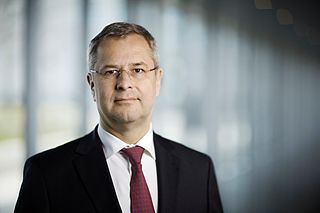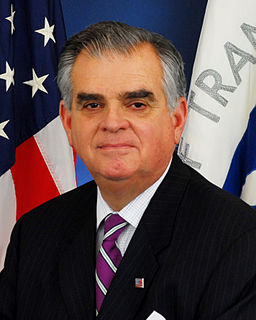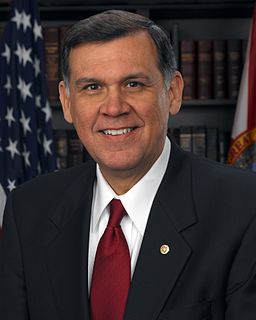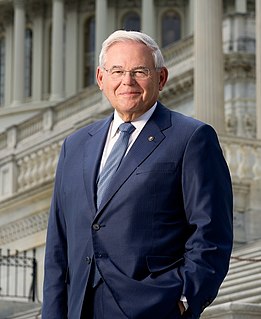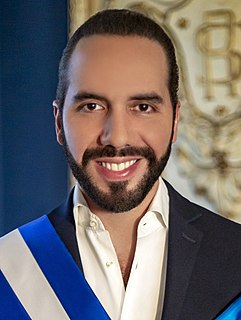A Quote by Kenneth Arrow
Classic economic theories recognize public goods aspects of one kind or another - the need for economic intervention in, obviously, the supply of infrastructure and of education. We're not supplying that infrastructure at an appropriate rate today. I don't doubt it isn't just money; it's organization and goals and so forth.
Related Quotes
For countries such as Kenya to emerge as economic powerhouses, they need better infrastructure: roads, ports, smart grids and power plants. Infrastructure is expensive, and takes a long time to build. In the meantime, hackers are building 'grassroots infrastructure,' using the mobile-phone system to build solutions that are ready for market.


